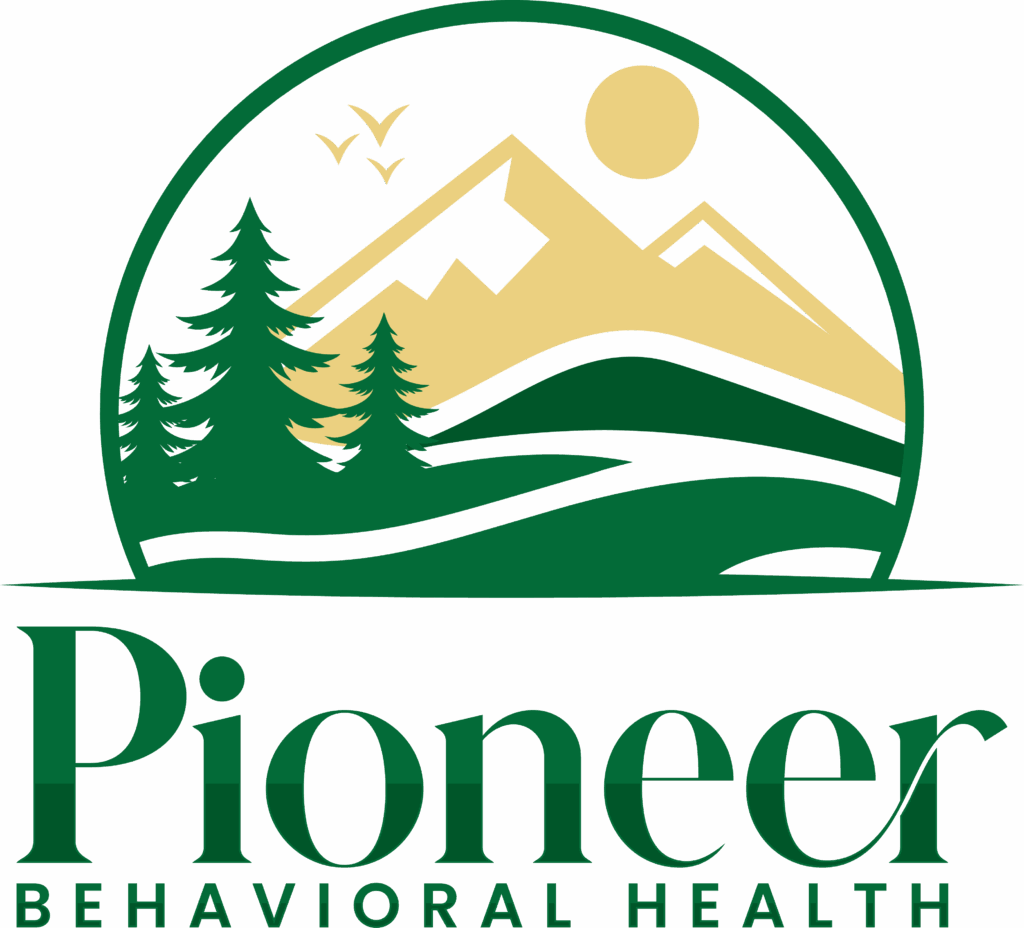Heroin use has profound effects on both the mind and body, but many people remain unclear about the drug and its consequences. To provide clarity, we’ve compiled answers to some of the most frequently asked questions about heroin addiction.
1. What is Heroin?
Heroin is a powerful and illegal opioid derived from morphine, which is extracted from the seed pods of opium poppies. It typically appears as a white or brown powder or a sticky black substance known as “black tar heroin.” The drug can be injected, snorted, or smoked, producing intense euphoria by binding to opioid receptors in the brain.
2. How Does Heroin Affect the Brain?
Once heroin enters the brain, it attaches to opioid receptors that regulate pleasure, pain, heart rate, breathing, and sleep. This interaction causes a rush of euphoria but also depresses vital functions, leading to drowsiness, cognitive impairment, and slowed breathing.
3. Is Heroin Addictive?
Absolutely. Heroin is highly addictive, often leading to both physical and psychological dependence after only a few uses. It floods the brain with dopamine, which over time diminishes the brain’s natural ability to produce this pleasure-inducing chemical. The result is increased tolerance and reliance on heroin to feel good. According to the National Institute on Drug Abuse, about 23% of people who try heroin become addicted.
4. What Are the Signs of Heroin Addiction?
Common signs include:
- Excessive drowsiness
- Pinpoint pupils
- Unexplained weight loss
- Neglecting responsibilities
- Social withdrawal
- Needle marks
- Mood swings, secrecy, and erratic behavior
5. What Are the Short-Term Effects of Heroin Use?
Short-term effects include:
- Euphoria
- Flushed skin
- Dry mouth
- Heavy limbs
- Nausea and vomiting
- Slowed breathing
- Periods of drowsiness or “nodding off”
6. What Are the Long-Term Effects?
Prolonged heroin use can cause:
- Collapsed veins
- Infections of the heart lining
- Liver and kidney damage
- Mental health disorders
- Impaired cognitive function
- Hormonal imbalances
7. What Are Heroin Withdrawal Symptoms?
Withdrawal can include:
- Intense cravings
- Muscle and bone pain
- Cold flashes and goosebumps
- Diarrhea and vomiting
- Insomnia
- Restlessness
- Uncontrolled leg movements
8. How is Heroin Addiction Diagnosed?
Medical professionals diagnose addiction using physical exams, self-reports, drug screenings, and diagnostic criteria such as those found in the DSM-5.
9. Can Heroin Addiction Be Treated?
Yes. Effective treatment includes a combination of:
- Medical detox
- Behavioral therapies
- Counseling
- Medication-assisted treatment (MAT)
- Ongoing support systems
10. What is Medication-Assisted Treatment (MAT)?
MAT uses FDA-approved medications such as methadone, buprenorphine (Suboxone), or naltrexone to manage withdrawal, reduce cravings, and block heroin’s effects—usually combined with therapy.
11. What is Heroin Detox?
Detox is the medically supervised process of clearing heroin from the body while managing withdrawal symptoms. It’s a crucial first step in recovery.
12. Is Quitting Cold Turkey Dangerous?
Yes. Abruptly stopping heroin use can lead to severe withdrawal symptoms and an increased risk of relapse. A medically supervised detox is safer and more effective.
13. How Long Does Heroin Stay in Your System?
While heroin itself exits the body quickly, its byproducts can be detected:
- Urine: 1–3 days
- Blood: Up to 6 hours
- Hair: Up to 90 days
14. What Causes Heroin Addiction?
Risk factors include:
- Genetic predisposition
- Trauma
- Mental health issues
- Environmental influences
- Previous prescription opioid use
15. Can Heroin Addiction Be Fatal?
Yes. Overdose is a leading cause of death, especially when heroin is mixed with potent substances like fentanyl. It slows breathing to the point of respiratory arrest.
16. What Does a Heroin Overdose Look Like?
Signs include:
- Slowed or shallow breathing
- Blue lips or nails
- Weak pulse
- Disorientation or unconsciousness
- Vomiting
- Seizures or coma
Call 911 or the Poison Help Hotline (1-800-222-1222) immediately if you suspect an overdose.
17. What is Naloxone?
Naloxone is an emergency medication that reverses opioid overdoses by displacing heroin from receptors. It works quickly to restore normal breathing and is available in nasal spray and injectable forms.
18. What Other Health Issues Can Heroin Cause?
Heroin use can lead to:
- HIV and hepatitis infections from needle sharing
- Lung and heart problems
- Constipation
- Immune system suppression
- Co-occurring mental illnesses
19. How Can I Help Someone Struggling With Heroin Addiction?
Support them by:
- Educating yourself about addiction
- Setting boundaries without enabling
- Encouraging treatment
- Offering emotional support
- Being patient—recovery is a process
20. Can You Get Addicted After One Use?
Although full-blown addiction after one use is rare, even a single experience can trigger a pattern of repeated use that quickly leads to dependence.
21. Why Does Heroin Cause Itching?
Heroin triggers the release of histamines and stimulates certain skin receptors, both of which can cause itching. Skin infections or abscesses from injection use can also be itchy as they heal.
22. Does Prescription Drug Misuse Lead to Heroin Use?
Yes. Many individuals turn to heroin after becoming dependent on prescription opioids, especially when those medications become harder to access. Misusing prescriptions significantly increases the risk of transitioning to heroin.
23. Can Heroin Use Cause Mental Health Disorders?
While the drug itself may not directly cause disorders, heroin use is strongly associated with mental health conditions such as:
- Depression
- Anxiety
- Bipolar disorder
- Schizophrenia
- Attention-deficit/hyperactivity disorder (ADHD)
- Antisocial and oppositional disorders
It can also induce psychosis, hallucinations, and delirium.
Heroin Addiction Treatment in Longmeadow, MA

If you or someone you love is struggling with heroin addiction, help is available at Pioneer Behavioral Health.
Reach out to us anytime at (888) 617-3070 or info@pioneerbh.com. You’re also welcome to visit us in person, 24/7, at 175 Dwight Rd, Longmeadow, MA 01106.
Our flexible outpatient programs allow individuals to get the support they need while maintaining their responsibilities at work, school, or home. We focus on equipping clients with the tools to apply recovery strategies in real life, making long-term sobriety a realistic goal.
Don’t wait—reach out and take the first step toward recovery today.

